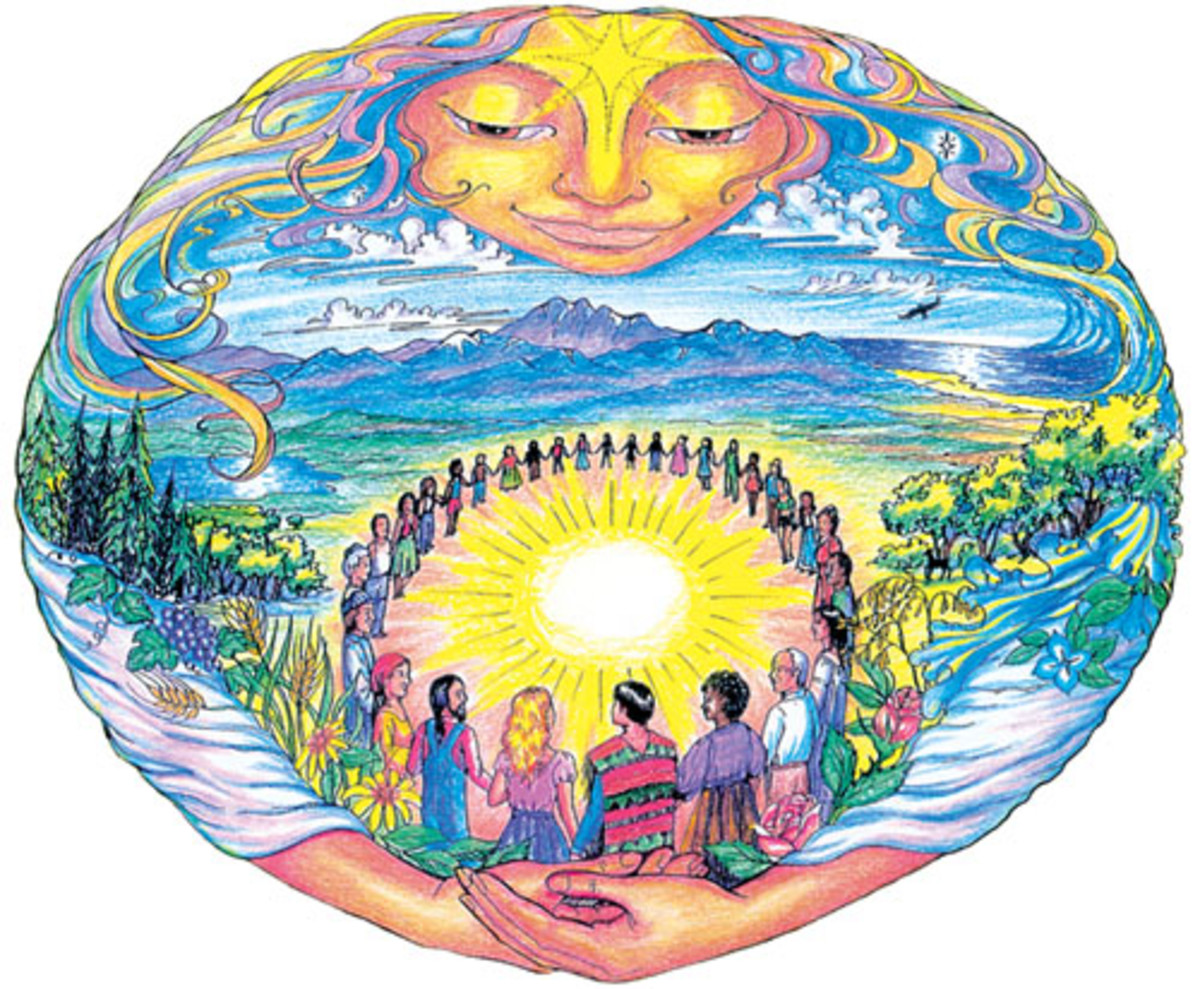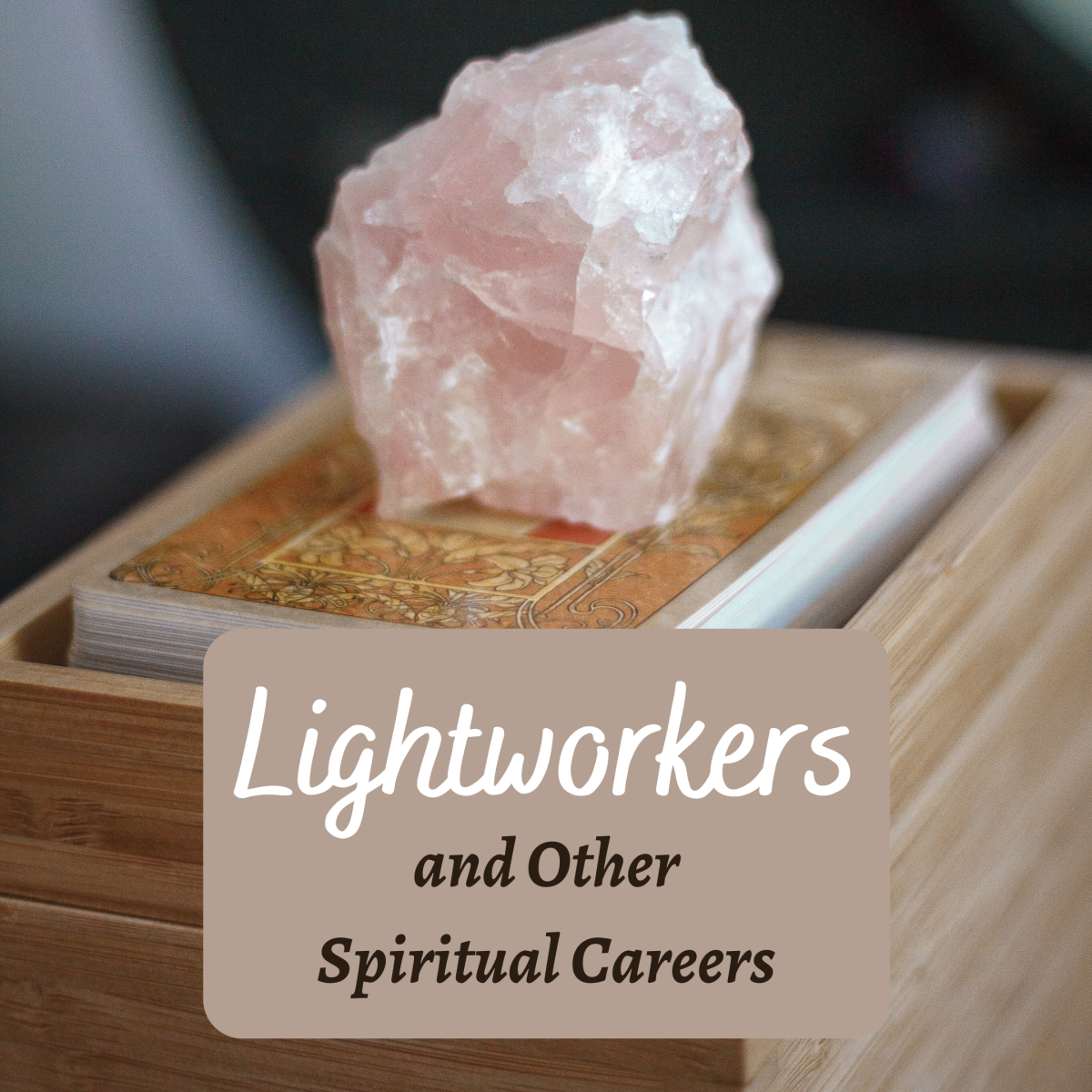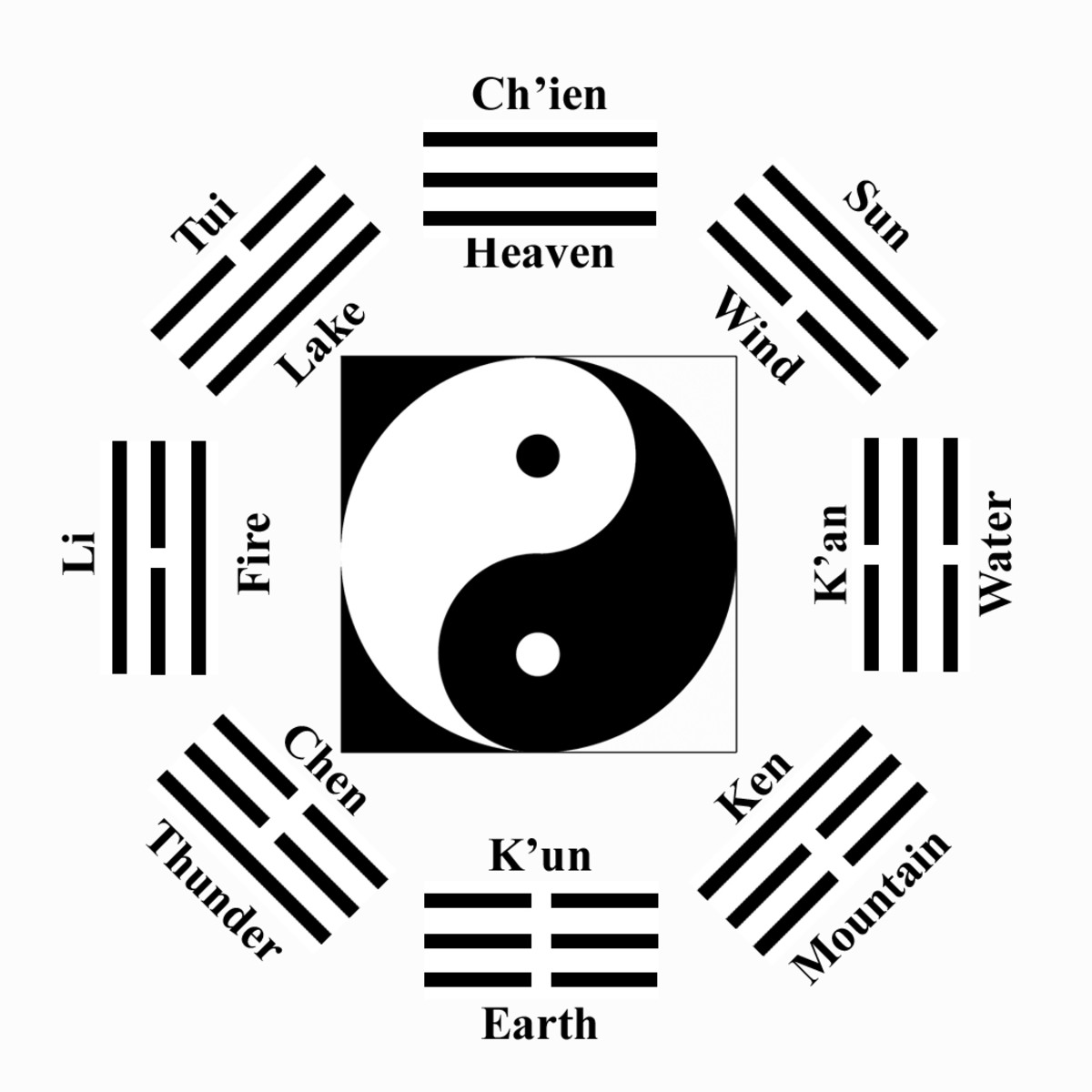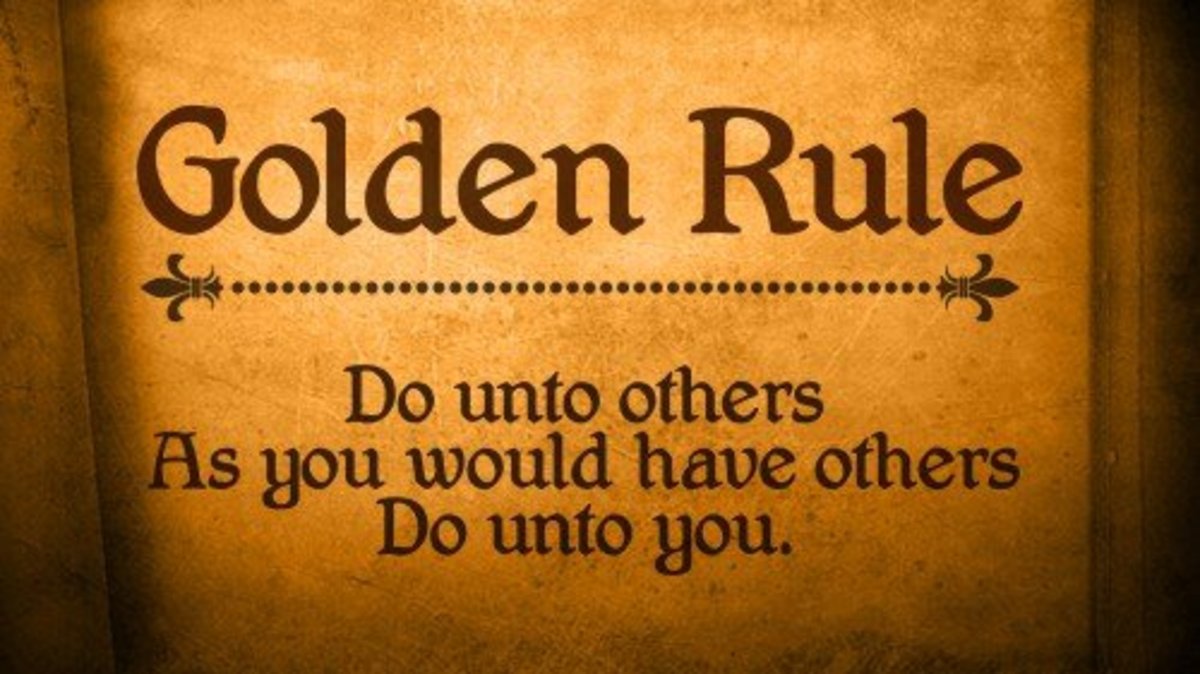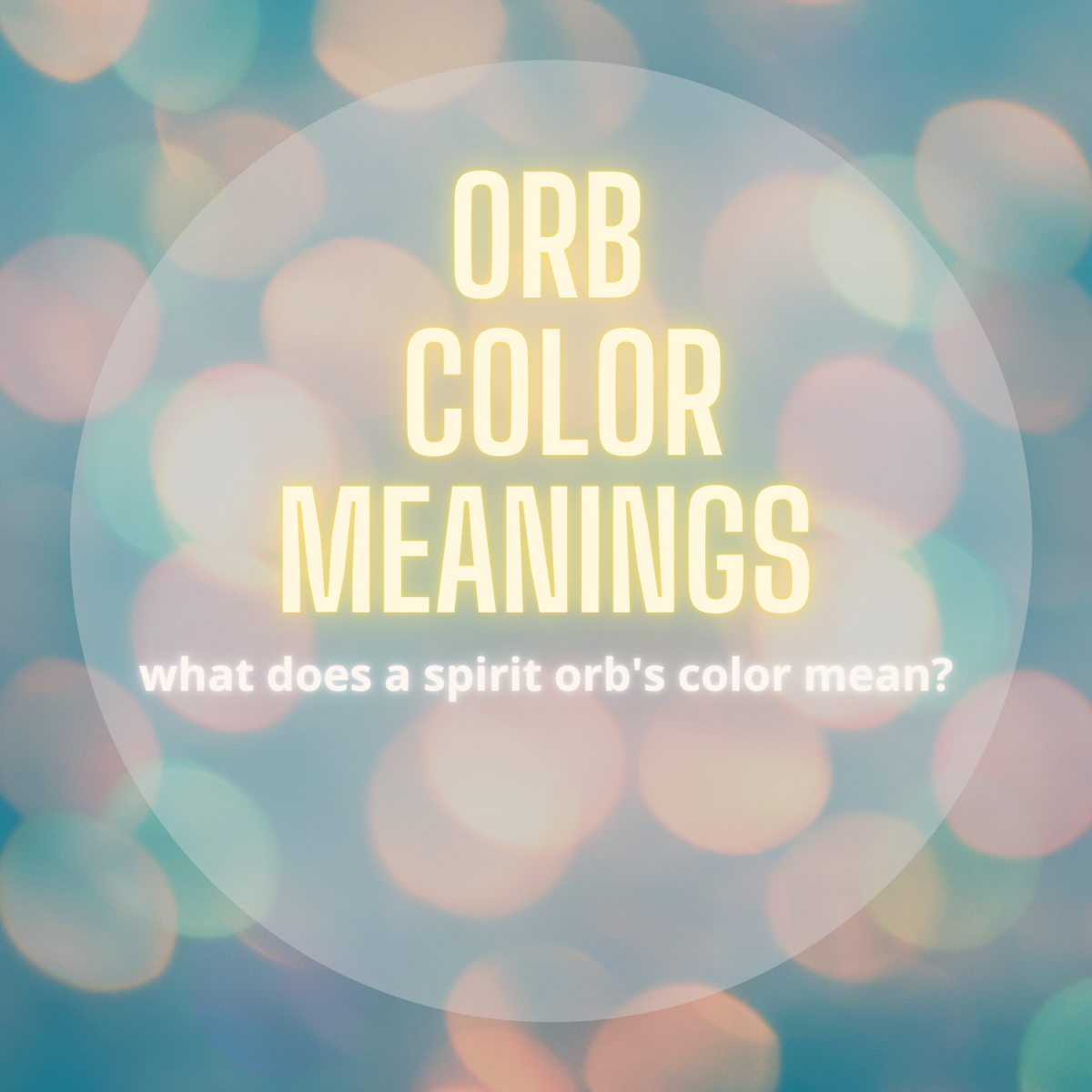Spirituality - Seeking a closer relationship with the Divine.
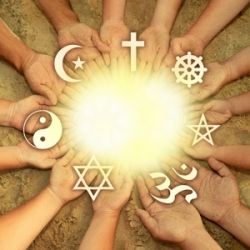
Everyday life can teach us about spirituality
One need in life seems to be almost primal, our need to get in touch with the divine. Many turn to religion, but then which one? Some seek on their own apart from religion, but can't quite find a way to get closer to answers. The intention here is to look at life and find little ways to find ways to get closer to God. I believe that all religions can lead to the truth and that in comparing the core beliefs of different religions we can find they are all branches of the same road. Pulling from different belief systems life can be an easier place to live and can be a path to lead us where we truly want to be.
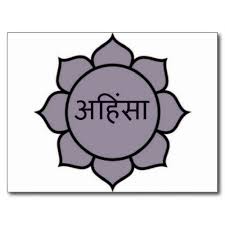
Do no harm.
The true difficulty in non-violence
Do no harm.
It is great mantra to live by. It is built into pretty much every religion, in the ethics of almost all healthcare workers, and just plain compassionate concern for others.
It is the foundation for the Hindu practice of ahimsa, or nonviolence. I think a part of do no harm is often missing in some people’s perspective. We should not harm others, however there is a stipulation. I love an adage expressed my Sri Daya Mata, the former president of Self-Realization Fellowship. She said if there is a snake in the room, and it is just passing through and not bothering anyone, just let it be. If however the snake is trying to attack someone you have an obligation to stop it, even if it means to kill it. It is your duty. The Bhagavad Gita talks about this when Krishna tells Arjuna to fight. In the name of the greater good of those that he was to rule, he had to go to war and kill the evil Kauravas that had usurped his kingdom. He could not leave them be and let his people be oppressed, even if it means fighting those who were related to him, even old friends.
In finding a way to practice nonviolence we have to find a balance. Just because we don’t do harm, does not mean we let ourselves be walked over or mistreated. We don’t let others harm us. In the end this is also harming those that would oppress us. It hurts them to oppress us, whether they know it or not. They will have to live with that guilt and “sin” if we allow it to happen, and that would then mean we are guilty of harming our oppressors by allowing it to happen when we could have stopped it from happening.
It is the same in our lives. We cannot stand by and let others be harmed, even ourselves. We can do all in our power to keep the method we use to put down oppression to a minimum, but our duty is to minimize harm to ALL, even those that are attempting to hurt others. Those that harm others really do hurt themselves as well. We need to protect the ignorant as well, for who else needs protection more then they.

History and Karma
Time and time again I hear people ask, “why do we have the same crappy stuff happen to us over and over?” They may be talking about personal experiences, communities, nations, or the world. I think the answer is the same for all levels. History repeats itself because we weren’t listening the first (and each subsequent) time.
Life is full of lessons, and until we learn them there is a lack of balance in the state of things. As long as balance is not restored, we will keep sliding back down the hill into the same crap we lived through before. If you keep falling for the wrong kind of “man”/”woman”, maybe life is telling you that is not the right kind of person for you to be with. If your nation is constantly at war, maybe it is because they need to learn to resolve differences in a peaceful manner, or learn not to be greedy of what other’s have. Whether it is an issue of personal lessons, or worldview, it will keep happening until the lesson is learned.
I have also had many people ask me what Karma is. This IS karma. If you don’t learn the lessons of life and change yourself appropriately you will keep sliding into the same bog, over and over. Through self reflection you find the problems and lessons, and then through volition you change yourself. It is the only way to balance out your life so you can reach new ground.
Most major religions have a concept of Karma though they might not name it as such. The word Karma comes from Hinduism and Buddhism and relates not just to actions taken in this life, but also to karma from past lives that we still need to work out. Christianity and Judaism also have their version of Karma basically boiling down to "whatever you reap you will sow" (Job 4:8, Ezekiel 8:20, Galicians 6:7, 2 Corinthians 5:10, and Mathew 7:12 to name just a few.) In the Koran 16:30 "To those who do good, there is good in this world, and the Home of the Hereafter is even better and excellent indeed is the Home of the righteous." Wicca also holds the same ideals in highest esteem with the rule of 3, that all you do, good or bad will come back to you 3 times multiplied.
Life is a training group, no matter how you look at it. Just because we realize we have done wrong in the past doesn't mean we won't be suffering the consequences for a long time, but we can work on doing good now. We can not just ask, but demonstrate our regret of past actions, and strive to do good from here on out. Learning from the past to help mold ourselves into better people is the only good reason to look at mistakes from the past.
Autobiography of a Yogi - By Paramahansa Yogananda
Sri Paramahansa Yogananda was one of the first to bring Yogic philosophy to the west. This book is filled with stories of Indian saints, tales of his setting up a new organization in the US and around the world, and mounds of wisdom and discussion of very high knowledge of yogic philosophy written in a throughly enjoyable style. It is a book that has been a best seller on religion and spirituality lists for around 60 years and has changed the lives of people of all religions and showed there are ways to seek God that does not mean you have to leave your chosen religion.
The Holy Science - by Sri Yukteswar
The Holy Science is, among other things, a comparison of several different religions. Primarily looking at the similarity between Christianity and Hinduism, Sri Yukteswar delves into the universality of all religion and the power behind having a scientific method to draw closer to God.
© 2014 ZimKei



